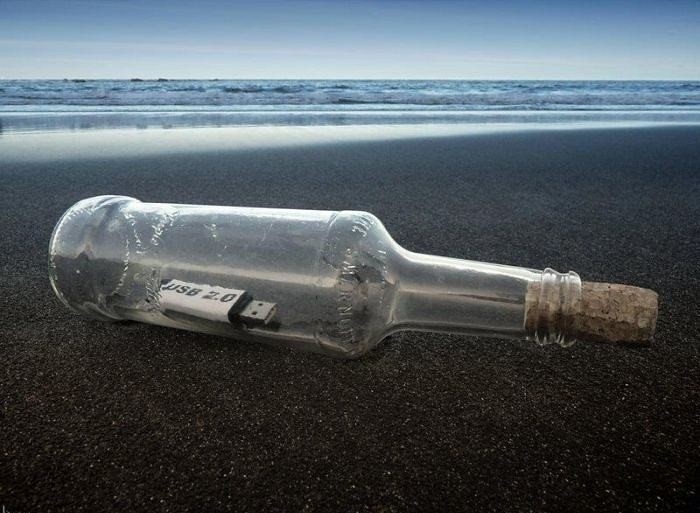
 Hey guys,
Hope you are doing great. Today I’d like to talk to you about work productivity. The average office worker spends one to three hours per day writing and reading emails, according to data gathered in 2012. But fortunately, you can do something about that! The removal of excess information from letters will free up extra time for you and improve your productivity, along with increasing your email open rate.
The great thing about emails in comparison to traditional letters is that emails are free to send and are delivered instantly. So there is no need to put all the information in one letter. Adhering to the basic principle of shortened correspondence, you need to make a single point per email.
Spending less time on email will give you more time to implement the strategies being discussed.
It’s advisable to include exactly five sentences in a single e-mail. According to Guy Kawasaki, the former Apple evangelist and serial entrepreneur, less than five sentences tends to be rude, while more than five sentences wastes time.
Here are several pieces of advice for an effective and brief email:
Before starting an email, you should ask yourself five simple questions that will help you with to formulate a brief email: Who are you? What do you want? Why are you asking me? Why should I do what you're asking? What is the next step?
After that, you need to get rid of all the excess information before sending your email. Most people believe that the more information they include, the higher the chance of the letter being read in full. But in fact, additional information doesn’t guarantee the recipient’s reaction.
If you want to remain focused, then you will have to make your email as short as possible. Ideally, your letter should be limited to five sentences to ensure that it’s read, and that recipients can concentrate on your key point!
Try sticking to these rules, and you will see how significantly your email correspondence increases.
Hey guys,
Hope you are doing great. Today I’d like to talk to you about work productivity. The average office worker spends one to three hours per day writing and reading emails, according to data gathered in 2012. But fortunately, you can do something about that! The removal of excess information from letters will free up extra time for you and improve your productivity, along with increasing your email open rate.
The great thing about emails in comparison to traditional letters is that emails are free to send and are delivered instantly. So there is no need to put all the information in one letter. Adhering to the basic principle of shortened correspondence, you need to make a single point per email.
Spending less time on email will give you more time to implement the strategies being discussed.
It’s advisable to include exactly five sentences in a single e-mail. According to Guy Kawasaki, the former Apple evangelist and serial entrepreneur, less than five sentences tends to be rude, while more than five sentences wastes time.
Here are several pieces of advice for an effective and brief email:
Before starting an email, you should ask yourself five simple questions that will help you with to formulate a brief email: Who are you? What do you want? Why are you asking me? Why should I do what you're asking? What is the next step?
After that, you need to get rid of all the excess information before sending your email. Most people believe that the more information they include, the higher the chance of the letter being read in full. But in fact, additional information doesn’t guarantee the recipient’s reaction.
If you want to remain focused, then you will have to make your email as short as possible. Ideally, your letter should be limited to five sentences to ensure that it’s read, and that recipients can concentrate on your key point!
Try sticking to these rules, and you will see how significantly your email correspondence increases.



Subscribe to us and you will know about our latest updates and events as just they will be presented





